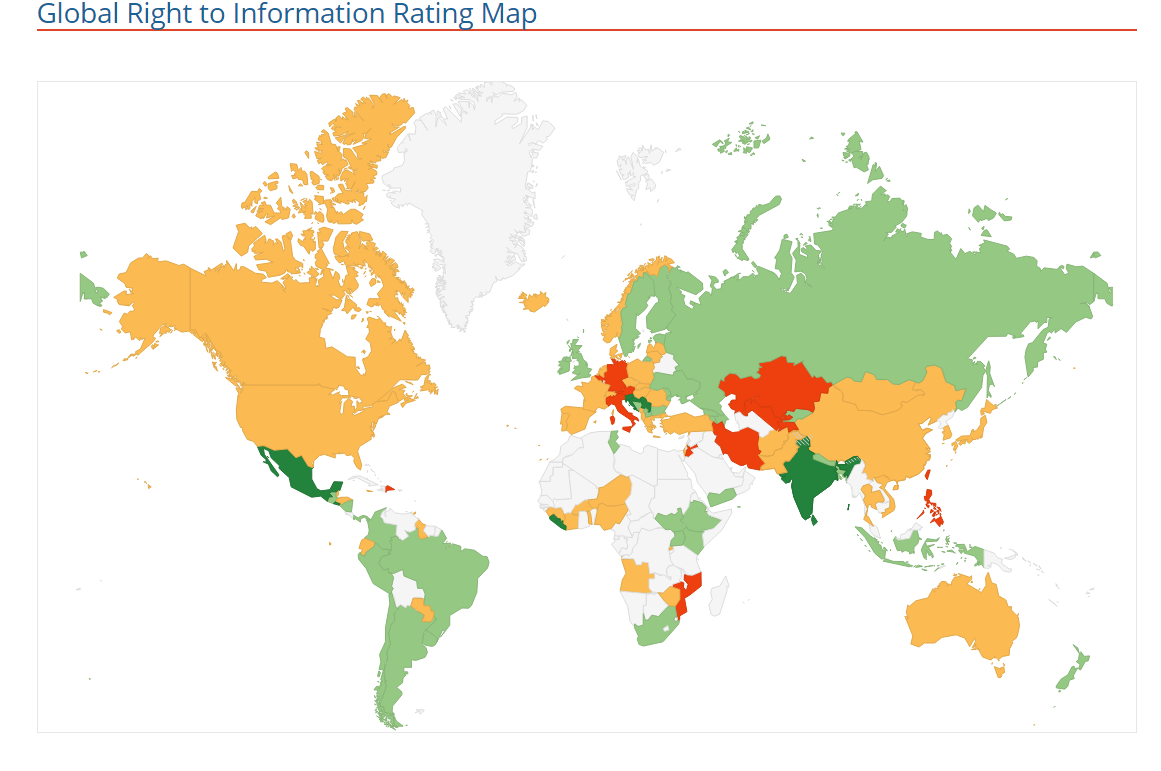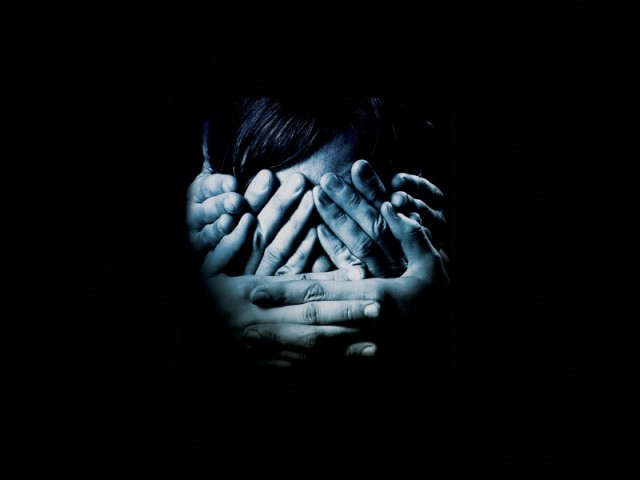(The right to know is incomplete without the right to information. STOCK PHOTO)
Congratulations Mexico For the World’s Best Right to Information Law.
This 28 September, International Right to Know Day, is a truly momentous one. It marks five years since the launch of the RTI Rating, a comparative assessment of national legal frameworks for the right to information (RTI) which was developed and applied by the Centre for Law and Democracy and Access Info Europe. The number of countries with RTI laws has continued to climb, reaching 112 as of today. 28 September has now been recognised officially by UNESCO, under the title International Day for Universal Access to Information. And one of the indicators for Sustainable Development Goal (SDG) target 16.10 will assess whether States have adopted and implemented RTI laws.
“CLD is delighted that all of these tremendous developments have come together this year”, said Toby Mendel, Executive Director of CLD. “As part of our celebration of the Day, we have made a big push to update the RTI Rating to include all of the new laws, several of which have just been adopted in the last couple of months.”
The updated RTI Rating includes assessments of the seven RTI laws which have been passed so far in 2016, namely from Argentina (replacing a decree), Kenya, the Philippines, Sri Lanka, Togo, Tunisia (also replacing a decree) and Vietnam, as well as the law from Burkina Faso, which was passed in late 2015. With this, the RTI Rating covers every national RTI law globally apart from Sudan, which we have thus far been unable to obtain. The RTI Rating has also been updated to account for significant reforms that have taken place in Canada and Mexico.

The most notable change is the displacement of Serbia as the top country on the Rating for the first time since it was launched in 2011, by Mexico. Mexico has long been a regional and global leader on this issue, and the newly and substantially revamped General Act of Transparency and Access to Public Information scores an impressive 136 points out of a possible total of 150. This is a significant improvement on their previous score of 117 and just ahead of Serbia, which scores 135 points. Among the most important new improvements is a requirement that exceptions in other laws must be consistent not only with the standards in the right to information law but also Mexico’s international obligations to be valid.
The strongest law among the new countries on the RTI Rating is that of Sri Lanka, which scores 121 points, putting the country in 9th place globally. The passage of this law means that every country in South Asia apart from Bhutan now has an RTI law. The region is generally a strong performer, with every country scoring over 100 points except Pakistan, which continues to languish near the bottom of the Rating.
Tunisia’s law was replaced, in March 2016, with a significantly revamped Organic Law (which is the highest form of statutory law), which earned a score of 120 and moved the country from 45th place internationally all the way up to 10th place, just behind Sri Lanka. The new organic law replaces the Decree Law which was adopted just after the country’s 2011 revolution. Tunisia’s progression into the top tier of global RTI laws is all the more significant given that the Arab World is among the world’s weakest on this important human rights indicator, with only four of the 22 Member States of the Arab League – namely Jordan, Sudan, Tunisia and Yemen – having RTI laws on the books.
Just behind Tunisia is Kenya’s Access to Information Act, adopted in late August 2016, which ranks 14th in the world with a score of 113. This is the latest in a strong trend among African countries to adopt RTI laws, which is now starting to redress the longstanding position of the continent as lagging behind other regions of the world on this issue. It also results in seven African countries being among the top twenty, making it the region of the world with the most countries having this status. The Kenyan law is notable for its very broad coverage of private sector actors, which pushes the already expansive approach on this issue pioneered in Africa to new limits.
In September 2016, Argentines also celebrated the passage of the Ley de Acceso a la información. This does not reach the standards of the laws noted above, scoring 91 points and earning Argentina a ranking of 45th place. However, it is an enormous improvement over their previous decree, which was in the bottom third of the Rating, scoring just 66 points.
Amendments to the RTI rules in Canada, the first significant improvements since the country’s Access to Information Act first came into force in 1983, were more modest, but important nonetheless. CLD was vocal in welcoming the changes, enacted through a new Interim Directive on the Administration of the Access to Information Act, which included a blanket waiver of fees beyond the initial $5 for filing a request and a requirement that information be released in machine-readable and reusable formats wherever possible. Although the modest package of improvements only raised Canada’s ranking to 48th in the world, with a score of 90 points, the government is currently consulting on a more ambitious reform plan.
More middle-of-the-road laws were passed in Burkina Faso and Togo, scoring 79 and 70 points for rankings of 63rd and 79th place, respectively. Both countries have very problematic regimes of exceptions, vague procedures for requests for information and only limited promotional measures. At the same time, these laws represent an important expansion in terms of RTI laws in French-speaking African countries, which is a very welcome development.
The new RTI rules adopted by Vietnam and the Philippines are both extremely weak. Vietnam’s Law on Access to Information scores just 68 points, putting it in 86th place globally. In the Philippines, years of unsuccessful attempts to get an RTI law passed finally resulted in the adoption by the President of Executive Order No. 2 on Freedom of Information. As a set of RTI rules, however, the Order is among the world’s weakest, scoring just 46 points, putting the Philippines in 109th place globally out of the 111 countries on the RTI Rating. A notable weakness is the regime of 160 exceptions, set out in regulations under the Order.
The year 2016 offers ample evidence that strong progress on the right to information continues to be made. With 112 RTI laws now in place, and a 113th expected to come into force soon in Tanzania, there is a strong global trend towards greater recognition of this important right. The incorporation of RTI into SDG Target 16.10 can be expected to provide even greater impetus to this trend. Although the recent cohort of RTI laws have not been uniformly strong, the stellar performance of the new or amended laws in Mexico, Sri Lanka, Tunisia and Kenya continue to push global standards forward. Although there are many battles left to fight – not least working for positive implementation of the new laws – activists around the world have plenty to celebrate this International Right to Know Day.
The full results of the RTI Rating are available at: www.RTI-Rating.org.
